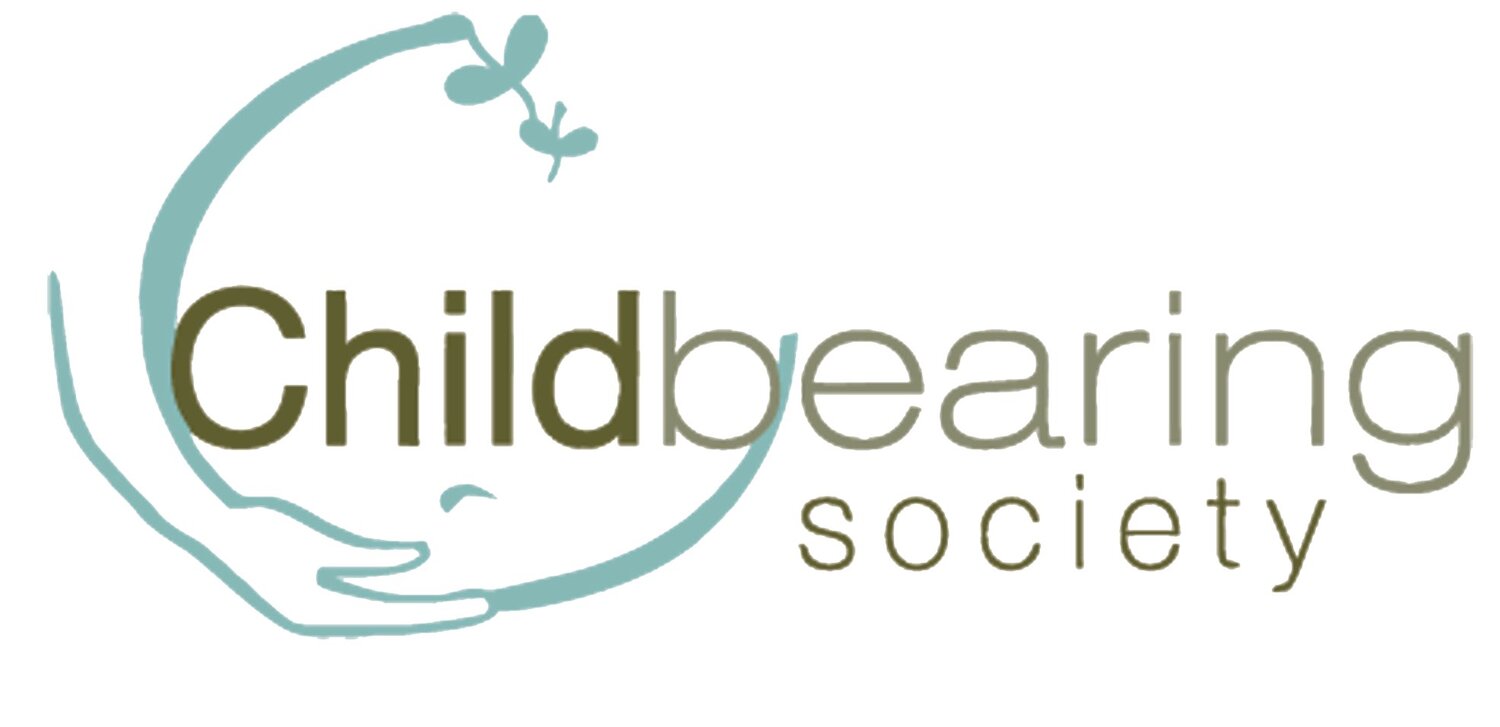What is the effect of Covid isolation on my newborn?
Question:
Covid has been really isolating for us as new parents. I’m worried our baby isn’t getting the opportunity to get comfortable with anyone except us, since we’re not having visitors at this time. Shouldn’t babies be held by lots of people, to get them used to it?
Answer:
This is a hard time to be a new parent! Many of the usual support services and structures aren’t available during Covid, and our social opportunities are limited. For parents, this can be really difficult.
However, for your new baby, this is not actually a problem.
During the first few weeks, or even months of extra-uterine life, most babies thrive in a womb-like environment. Their adjustment to the world is gradual, as their senses and systems tentatively adapt to the vibrancy and speed of our surroundings. Babies integrate information and experiences slowly, needing a soft and gentle easement into our world, with caring protection from too much stimulation too soon
Some researchers suggest that the first 1000 minutes with baby have a permanent effect on the relationship baby will have with the world. This is a time of deep imprinting, of brain-sequencing triggered by the conditions baby experiences during this sensitive period. What does baby need during this impressionable phase? Touch. Parental touch. Baby needs to be held, close and skin to skin, within the loving arms of the parent(s). This creates homeostasis, and allows for co-regulation of baby’s systems, turning on dormant switches in baby’s responsive brain, reassuring baby at a cellular level that all is well.
During this sensitive time, babies don’t need to meet the grandparents, the cousins, the neighbours, or the best friends. That can come later. For now, babies thrive within their closest inner attachment circle. They just want to be held by you, to make eye contact, to hear your voice, to feel your warmth, your motion. Babies attach through their senses, so to them, proximity and touch are love.
Some emphasize the first three months as the fourth trimester, during which babies slowly shift from inhabiting our bodies, marsupial style, to considering the world beyond, and some say the first six months is more accurate. Either way, it’s a long time before baby needs anything beyond their natural habitat: your body. Graduation takes time, and many baby steps along the way.
Babies have no need for socializing beyond their immediate family. But of course, we do. Social isolation is very, very hard on new parents—any parents!—but not for our babies. To them, our company is perfection. We are all they need.
So please, for your own psychological health, take advantage any social opportunities you can access, within whatever health parameters are currently in place. Maybe you can enjoy outdoor walks with a friend, or zoom dates, or online baby classes, or maybe you’re just counting the minutes until it’s safe to have friends and family visit your home. But there’s no need to worry that your baby is missing out. As hard as this social isolation is for us, for many babies it is actually a blessing, protecting them from the over-stimulating onslaught of visitors they might otherwise have to endure. Babies need very little other than what our bodies provide: food, warmth, shelter, touch. All they want for company this season, is you
Links:
Kangaroology: The First Thousand Minutes
Video: The first 1000 minutes and the neuroscience of breastfeeding Dr Nils Bergman
The 2nd 9 months: The Need to be Held
The 4th Trimetser: AKA Why your newborn baby is only happy in your arms
